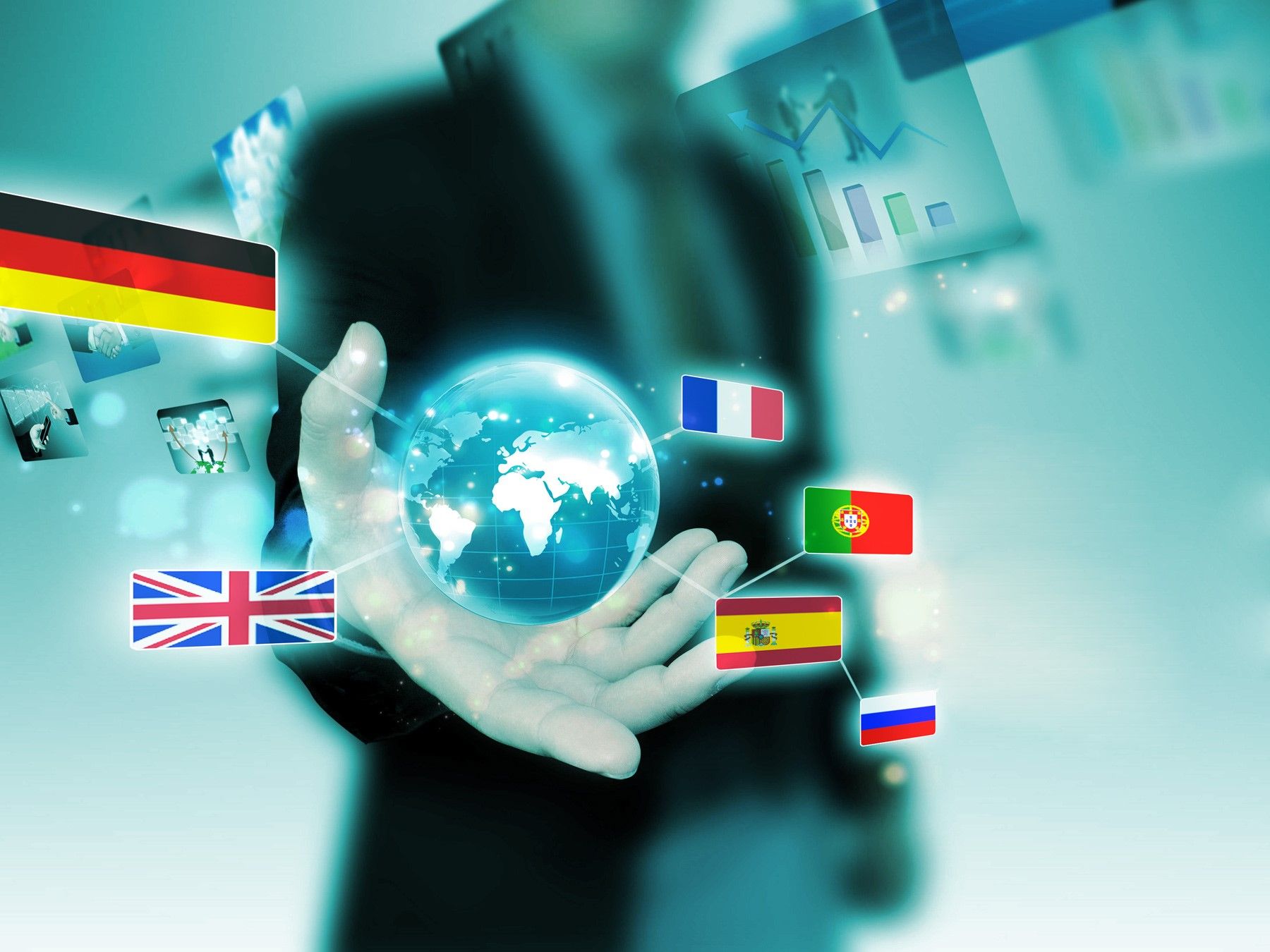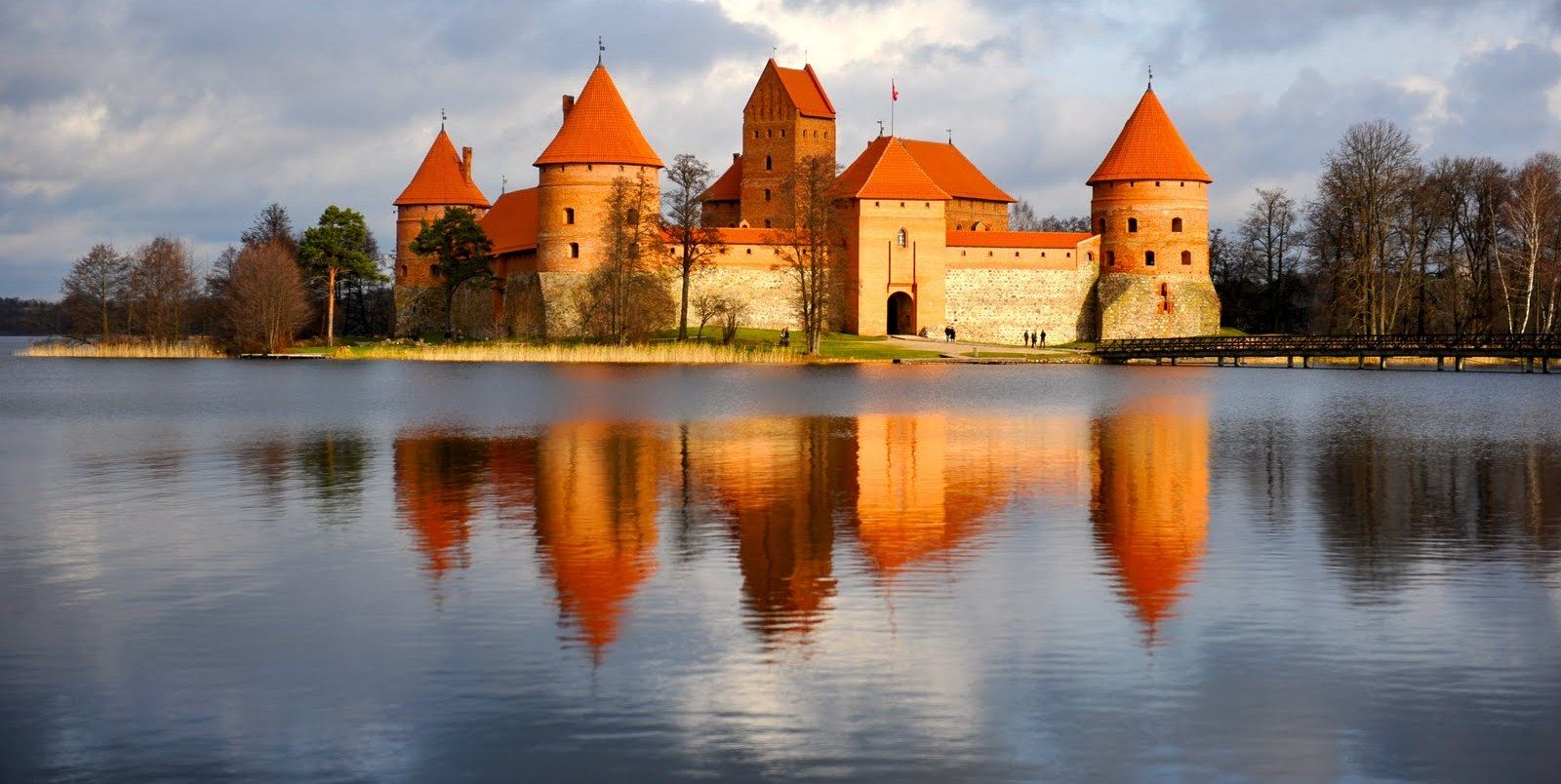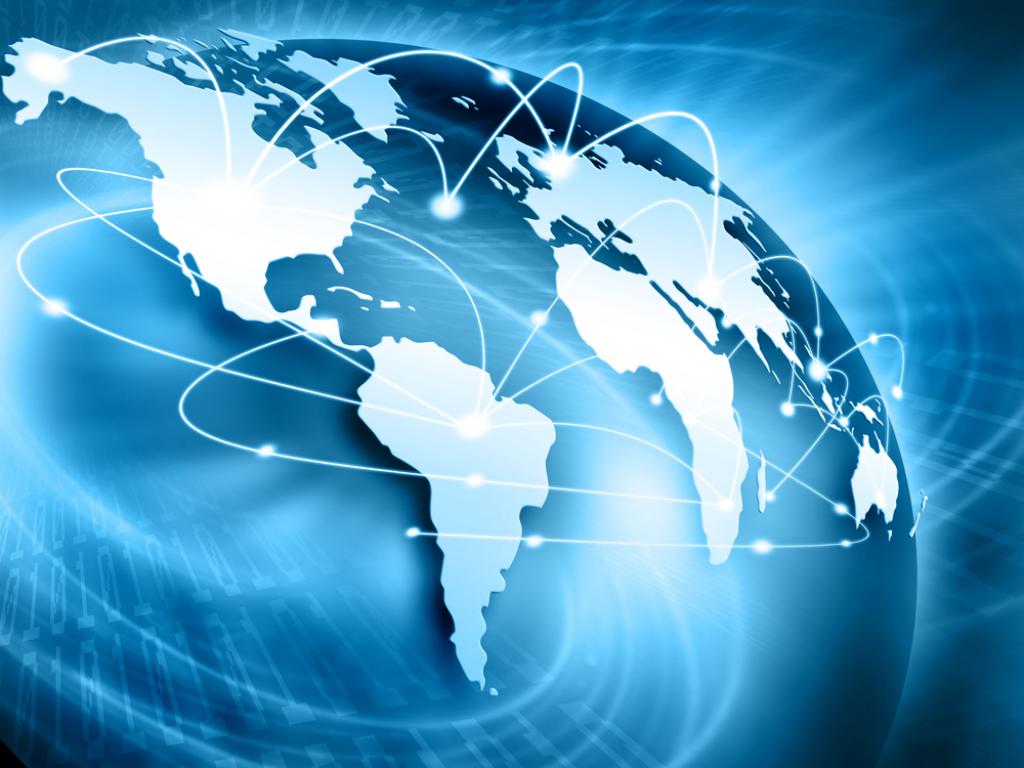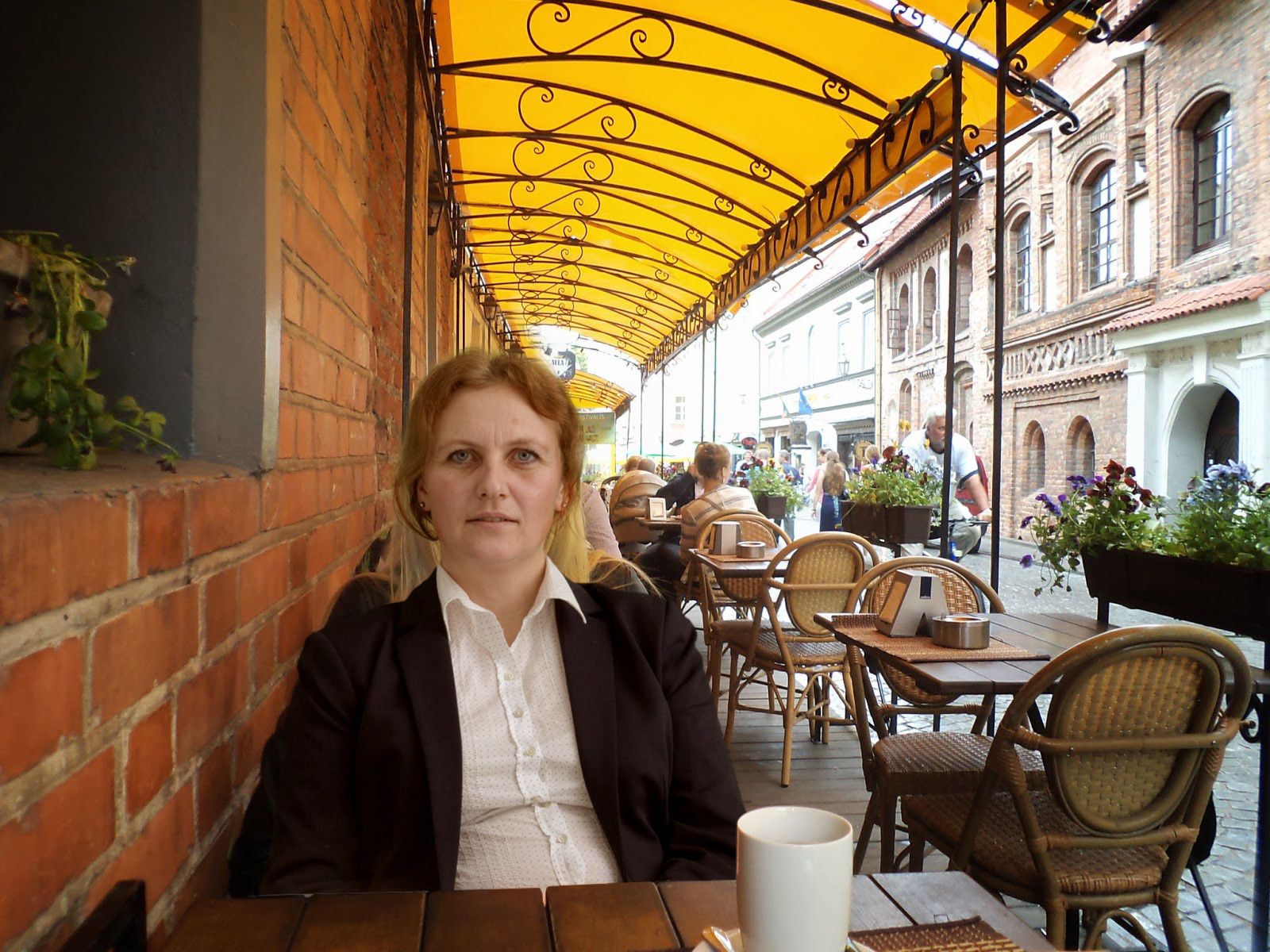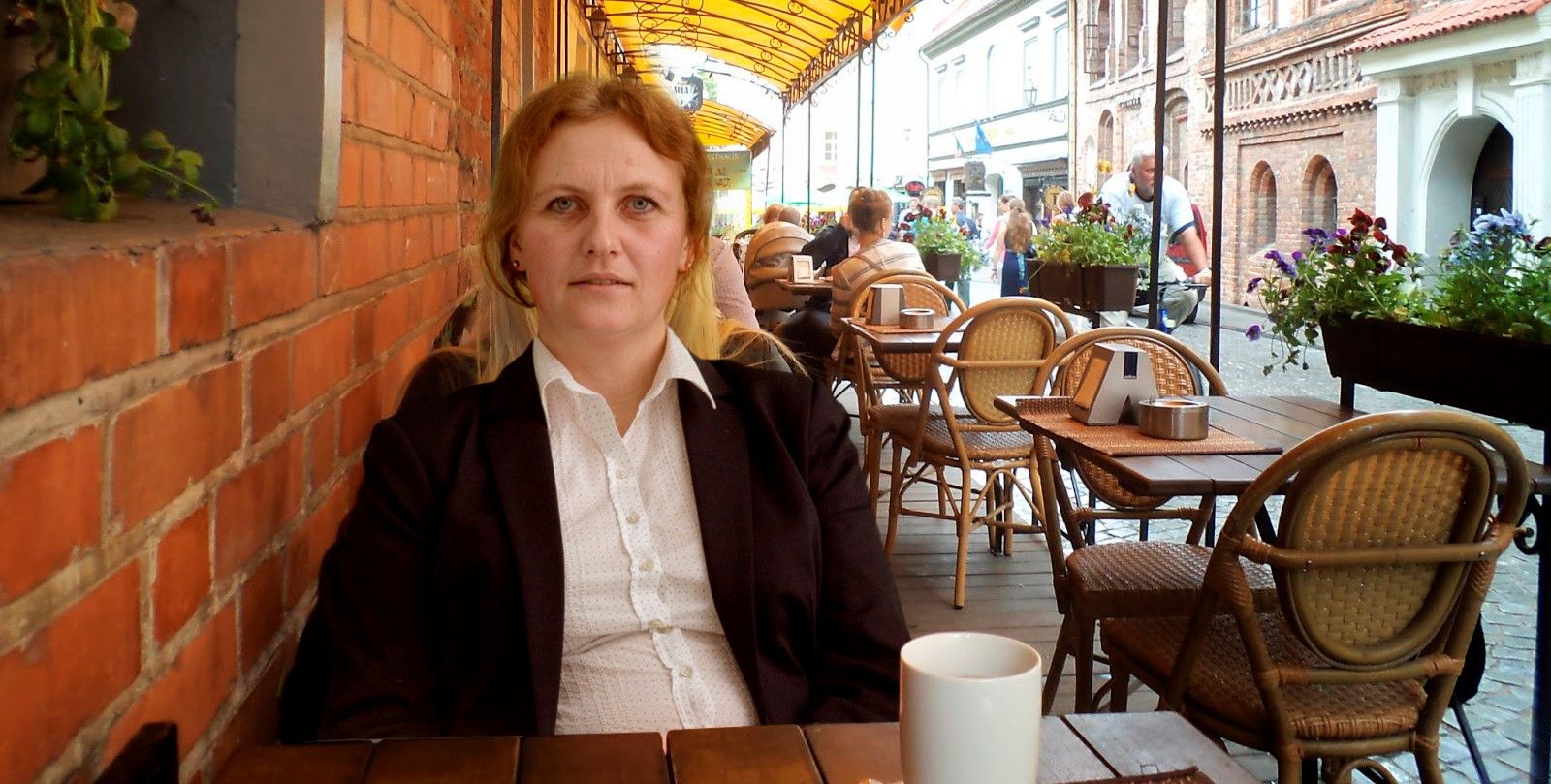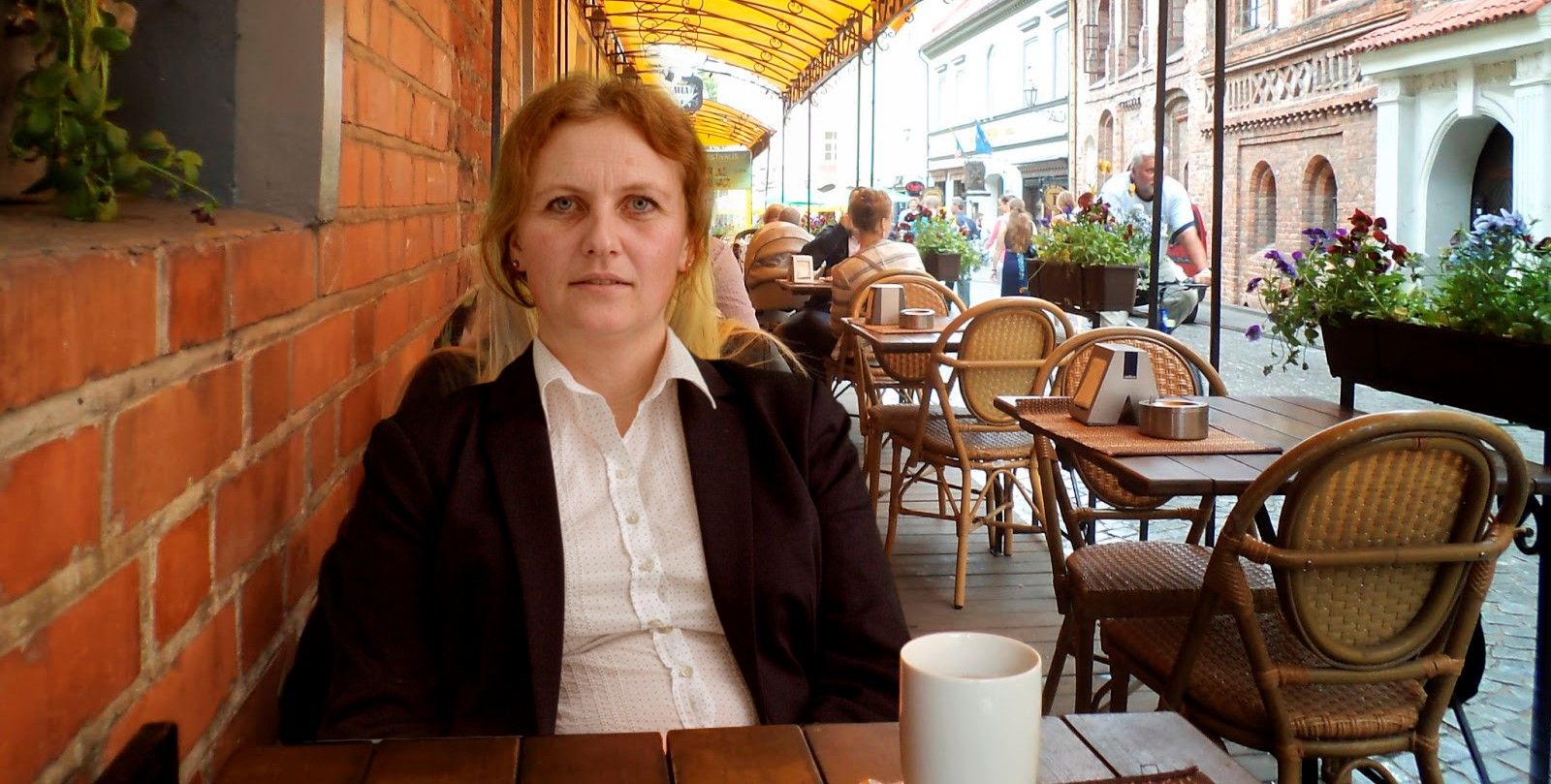Why choose BigTranslation?
Quite simply, because choosing BigTranslation is the key to the success of any kind of translation you need!
BigTranslation’s team of translators is made up of native professionals, specialising in diverse fields, who will fit your needs and transform your text into a precise and high-quality translation. All of the native translators who work with BigTranslation are appointed via a rigorous selection process which ensures that, with each and every one of our translation services, we deliver an unbeatable final product to our customers. We work hard so that our translations are authentic reformulations, faithful to the text’s content, so that the translation reads like an original creation written in the chosen target language. At BigTranslation, we go beyond the just the individual words on the page to get to the core of your message!
High-quality translation services.
BigTranslation knows that, for every translation carried out, it is essential that the central meaning of the text is sought out and conveyed. This pursuit of a text’s message and its purpose is what allows the translator to transmit exactly what the client wishes to convey, so that the concept is received and understood by the target audience. In this way, the process of internationalisation carried out by BigTranslation in the translation of your projects is completed successfully and effectively.
A wide range of translation services from experienced professionals.
The importance of selecting a professional translation agency like us lies in our experience. It is this experience and expertise that will make all the difference for your business! We specialise in numerous different sectors such as e-commerce, economy, finance, business, tourism, academia and education, journalism, and marketing, among others. Our experience in the world of translation, the combined years of experience of the native translators who work alongside us, the team of capable IT experts that support us and our background in e-commerce, localisation and multilingual SEO, all mean that we are the trump card that every company is looking for.




